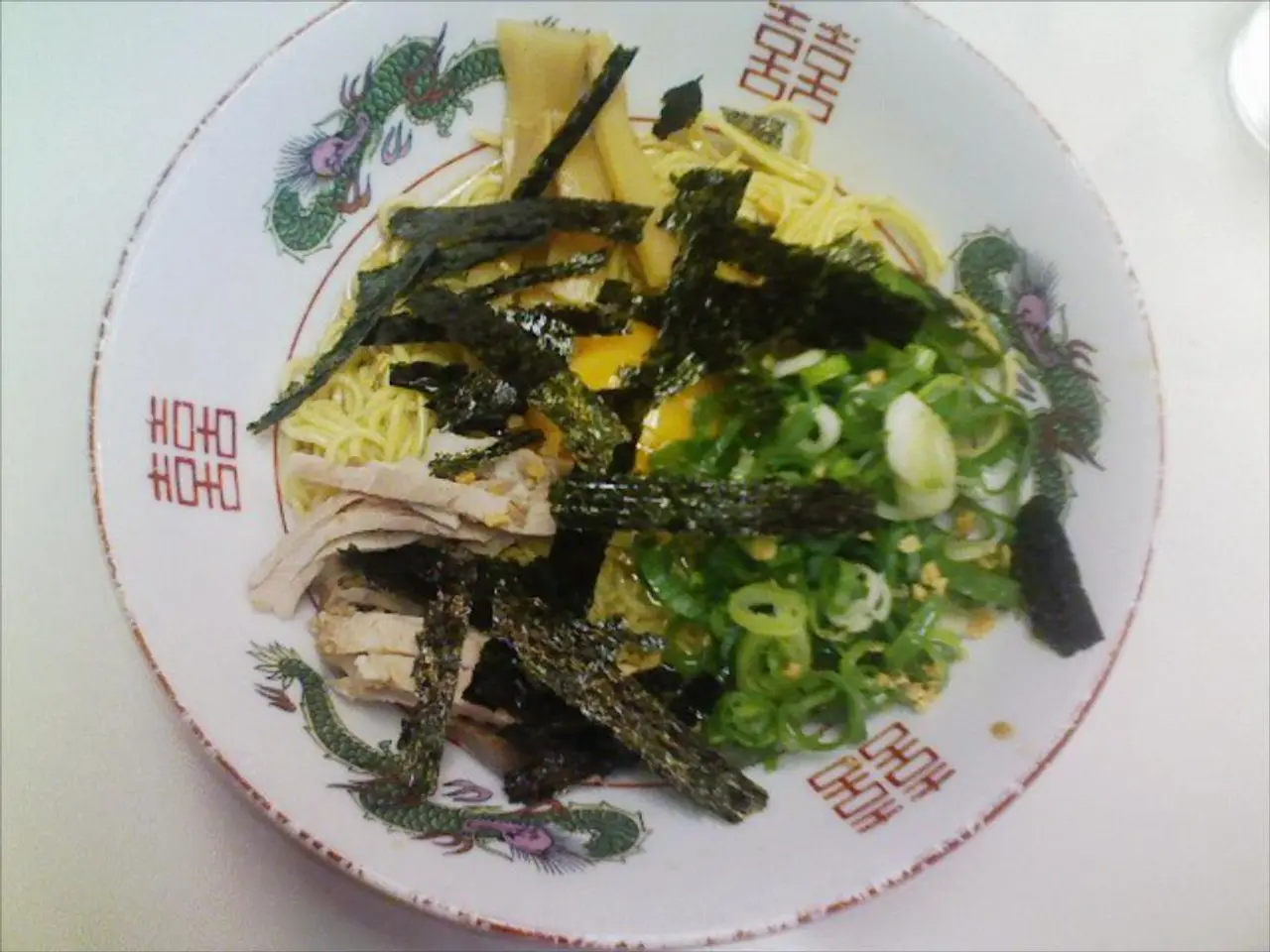Celiac Disease: More Than Just Gluten Intolerance
Celiac disease, often mistaken for mere gluten intolerance, is a serious autoimmune disorder affecting approximately 1% of the world's population. It's crucial to understand its causes, symptoms, and impacts to manage it effectively.
Celiac disease occurs when the immune system reacts abnormally to gluten, a protein found in wheat, barley, rye, and triticale, as well as in oats processed in facilities that handle other grains. Upon consuming gluten, the immune system attacks the small intestine's villi, causing damage and leading to malnutrition and other complications.
Symptoms can be diverse and severe, ranging from abdominal pain, chronic diarrhea or constipation, weight loss, and anemia to skin rashes, bloating, fatigue, and growth retardation in children. Long-term complications can include bone pain, neurological problems, depression, infertility, and dermatitis herpetiformis. Notably, some individuals may not exhibit any symptoms but still face long-term risks.
The only currently available treatment is a strict, lifelong gluten-free diet. This means eliminating all forms of gluten, as even small amounts can trigger a reaction. Factors such as breastfeeding duration, age when gluten was first consumed, gluten intake, and severity of intestinal damage can influence symptom presentation.
Celiac disease is a prevalent autoimmune disorder, with roughly 1 in 100 people in the United States affected. Its impacts are far-reaching, making early diagnosis and strict gluten avoidance vital. Further research is needed to develop additional treatments and potentially a cure.







